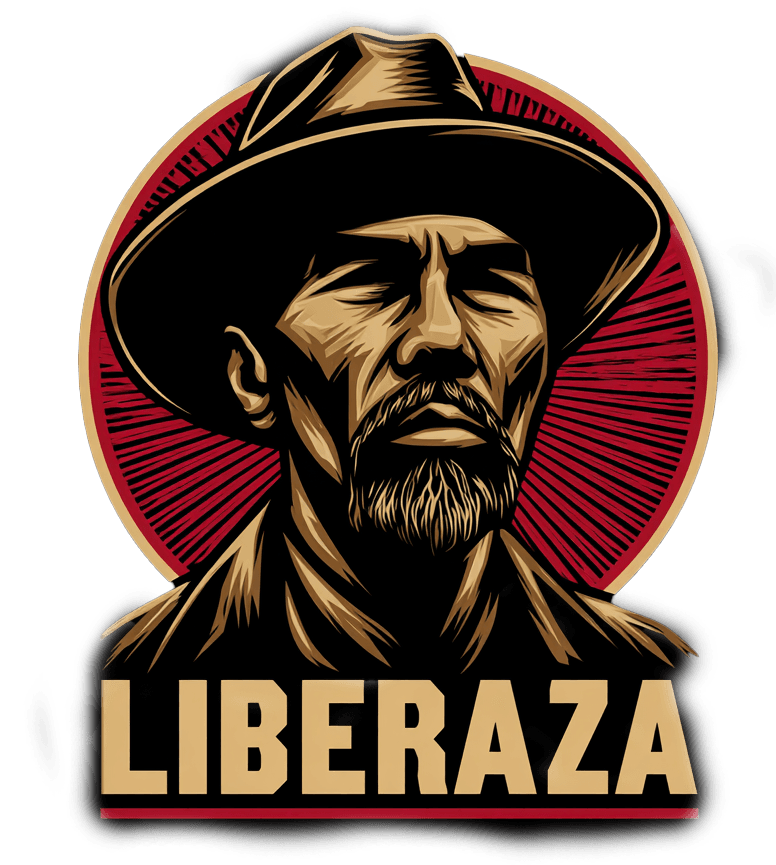Deported Without Due Process: A Daughter’s Fight for Justice in America’s Immigration Courts
LS
n the pre-dawn hours of July 20th, 2025, Thongxay Nilakout, a 56-year-old man convicted of a decades-old crime, was quietly deported from a California ICE detention center to South Sudan—a country he had never known, in a transfer that defied a federal judge’s ruling, ignored urgent appeals from his lawyers, and violated international law, according to immigration advocates.
For his victim’s daughter, Yia Lee, the news came as a shock. “He deserved to face the consequences of what he did. But not like this. Not outside the rule of law,” she said in an interview. “They took justice away from all of us.”
Nilakout’s removal is now at the center of a growing firestorm over the federal government’s increasingly aggressive immigration enforcement tactics. Critics say the deportation—carried out in defiance of a federal court stay—illustrates how ICE has become a rogue agency, unchecked by the judiciary, and increasingly dismissive of human rights, international law, and due process.
A Legal Gray Zone Becomes a Black Hole
Thongxay Nilakout, a Laotian immigrant, was convicted of a homicide in the 1990s and served 28 years in prison. Upon his release earlier this year, he was immediately transferred to ICE custody. But deporting him wasn’t so simple. Nilakout’s family had fled Laos during the Vietnam War. He had no passport. His legal team argued that he was effectively stateless.
What followed was a complex legal fight. A federal immigration judge issued a stay on his deportation in early June. Yet, according to his attorneys, ICE moved forward with the removal anyway—bypassing procedural safeguards, denying Nilakout access to counsel in the final hours, and ignoring pleas from the United Nations High Commissioner for Refugees to delay.
“This was not just a mistake,” said Naomi Chen, an immigration attorney with the International Human Rights Initiative. “This was an act of willful defiance. ICE ignored a lawful court order. They took the law into their own hands.”
A Daughter's Call for Rule of Law
Yia Lee, who was just a child when her mother was killed, has lived with the trauma for most of her life. Yet she now finds herself defending the very man who shattered her family.
“I believe in consequences, but I also believe in the Constitution,” she said. “If the courts said he shouldn’t be deported yet, then no one—not ICE, not anyone—should have had the power to override that.”
Lee’s stance is not about forgiveness, she explains. It’s about principle. “If they can do this to him, they can do this to anyone,” she added. “And they are.”
Her fears are not unfounded.
Pattern of Abuse or Isolated Incident?
Legal scholars and watchdog organizations say the Nilakout case is emblematic of a troubling trend under the current administration, where immigration enforcement has taken precedence over due process.
Recent data obtained by The Guardian and ProPublica reveals that at least 72 deportations in the past year occurred despite pending legal appeals. In several of these cases, individuals were removed from the country while their cases were still under judicial review—a violation of federal immigration law and due process norms.
“This administration has made no secret of its zero-tolerance policy,” said Dr. Ramon Estevez, a constitutional law expert at Georgetown University. “But when law enforcement starts disregarding the law to enforce the law, you don’t have a policy problem—you have a constitutional crisis.”
Human Rights Implications
In deporting Nilakout to South Sudan, ICE may have also violated international human rights agreements. Nilakout is Laotian. He has never lived in South Sudan. Legal experts say his transfer to a country with which he had no legal or familial ties not only strips him of national identity—it also may place him at risk of persecution or harm.
The United Nations has condemned “proxy deportations” in similar cases. “This sets a dangerous precedent,” said Linda Ortez, regional director for the UNHCR. “Countries cannot simply offload stateless or undocumented individuals into unfamiliar nations without agreements or protections.”
A Country Divided Over Justice
The Nilakout case arrives at a time when the country is increasingly polarized over immigration policy. Advocates argue that mass deportations, secret raids, and detention without oversight have become normalized. Detractors accuse ICE of operating with impunity—often targeting non-citizens who have already served their sentences or pose no immediate threat.
“It’s one thing to enforce immigration law,” said Ortez. “It’s another to trample over people’s rights while doing it.”
The American Civil Liberties Union (ACLU) has filed an emergency petition demanding a full investigation into Nilakout’s removal. “This is no longer just a question of immigration,” said ACLU attorney Marco Villanueva. “It’s a question of whether law and justice still matter in this country.”
The Bigger Picture
At its core, the story of Thongxay Nilakout is not only about one man, one deportation, or even one victim’s family. It is about whether due process—a founding principle of American democracy—still protects the people it was designed to serve.
For Yia Lee, it is about something more personal.
“I never wanted vengeance,” she said. “I wanted justice. And now, I feel like that’s been stolen too.”
